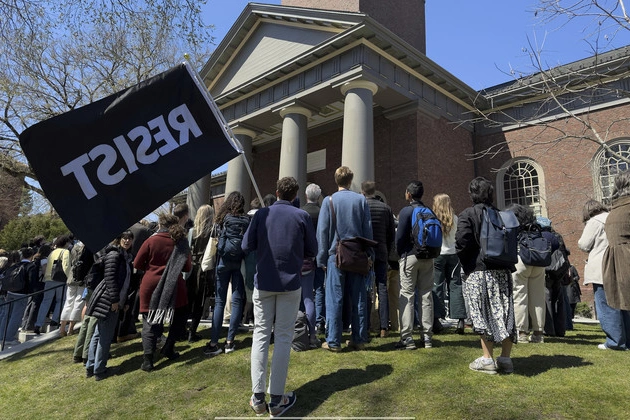
President Donald Trump recently announced plans to revoke Harvard University’s tax-exempt status, intensifying the ongoing conflict with the prestigious institution. This decision is part of the administration’s efforts to hold universities accountable.
Harvard and many other universities enjoy tax-exempt status under section 501(c)(3) of the U.S. tax code due to their nonprofit designation. However, Trump’s administration has raised concerns about Harvard’s treatment of Jewish students, leading to significant consequences.
Review of Grants and Contracts
The administration initiated a review of approximately $9 billion in grants and contracts awarded to Harvard. This scrutiny stems from alleged violations of Title VI of the Civil Rights Act during protests related to the Israel-Hamas conflict.
As a result, over $2 billion in federal funding has already been withdrawn from the university, with the possibility of an additional $1 billion being revoked. The IRS is also investigating Harvard’s tax-exempt status, while the Department of Homeland Security has threatened to restrict the enrollment of international students.
Consequences for Harvard
International students constitute a significant portion of Harvard’s student body, making up about 27% of total enrollment. The potential loss of federal funding and tax-exempt status could have far-reaching implications for the institution’s financial stability and operations.
In response to these challenges, Harvard is engaging with relevant authorities to address the administration’s concerns and protect its status as a leading academic institution.











